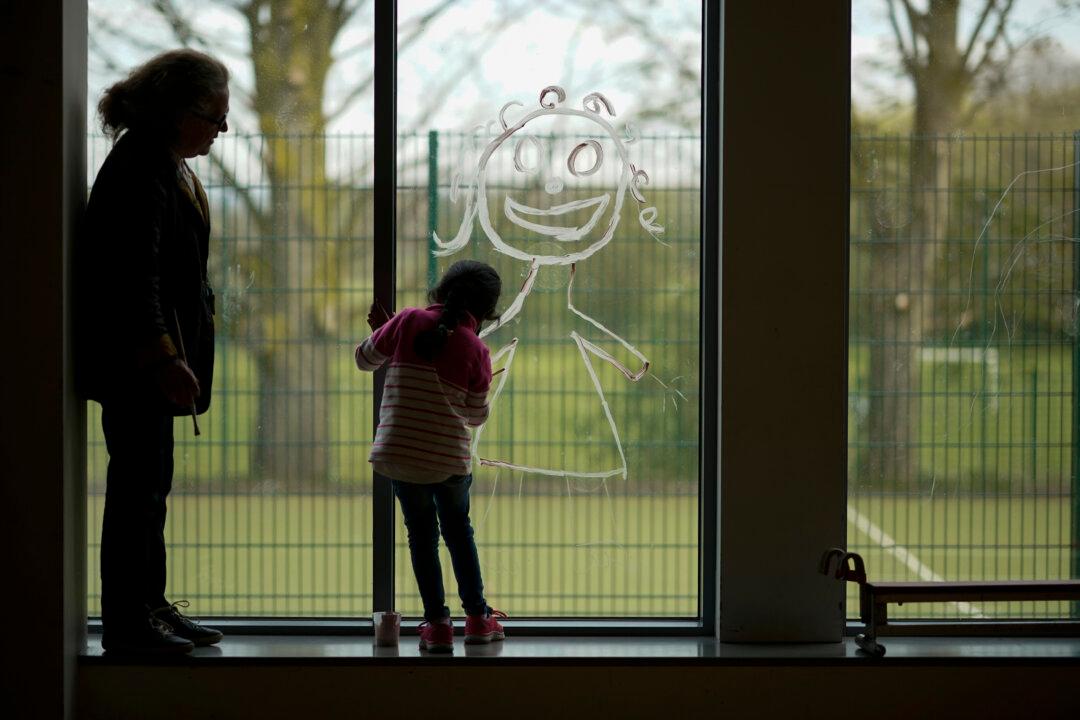Children and young people were “forgotten by decision-makers” during the COVID-19 pandemic because they were not considered to be “at risk” from a public health perspective, a report said.
The study, published by researchers led by Professor Lauren Andres at University College London, reviewed reports and literature on how COVID-19 affected young people across the world, focusing on monetary poor children and young people in England, Brazil, and South Africa.





